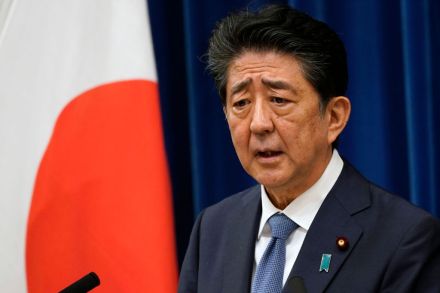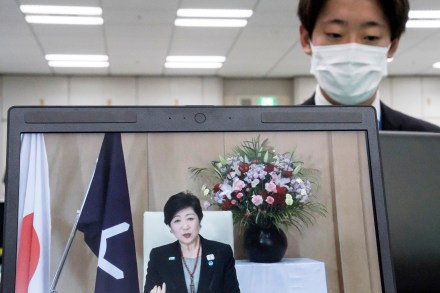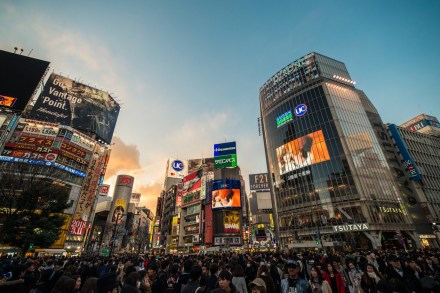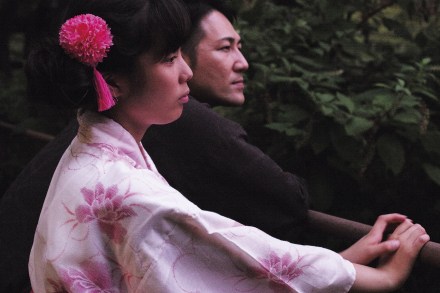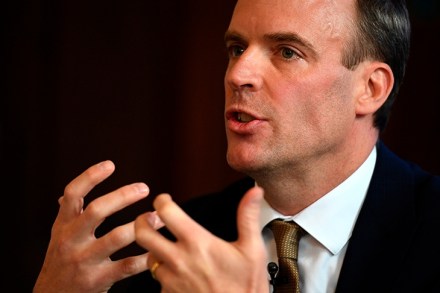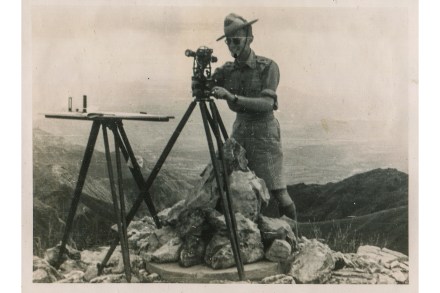The Japan trade deal shows how desperate we are for investment
A small cheer for Liz Truss’s treaty with Japan. It is, says the official press release, ‘the UK’s first major trade deal as an independent trading nation’ — and we must hope, the harbinger of much bigger deals to come. Even on the government’s own analysis, this one claims to deliver just £1.5 billion to the UK economy and an increase in UK workers’ wages of ‘£800 million in the long run’, whatever that means. What it highlights, I’m afraid, is the imbalance between the range of goods and services that the post-industrial UK is actually able to offer foreign partners — and how much more we need from them,


